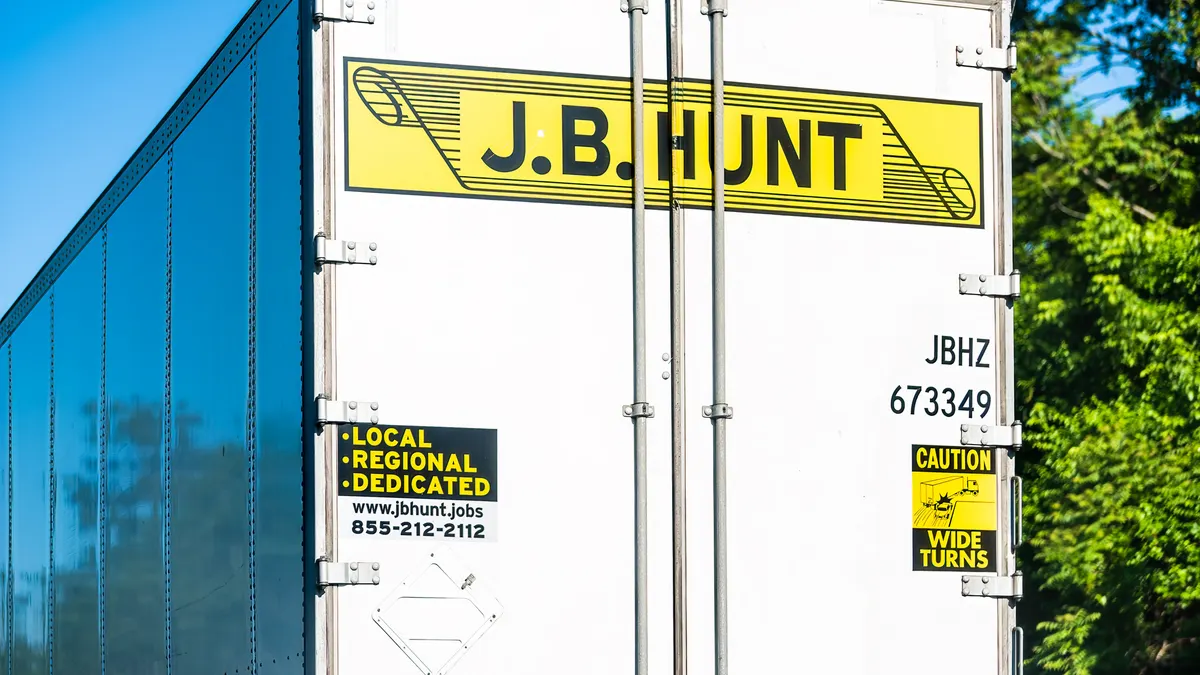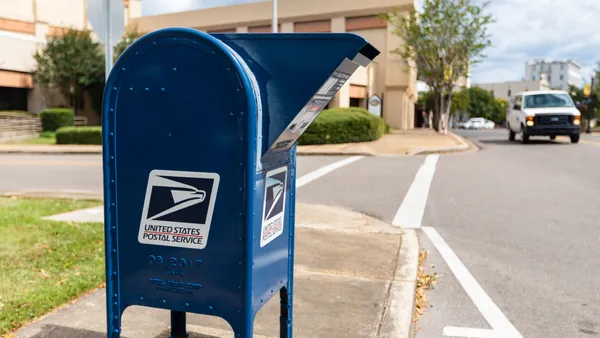UPDATE: March 18, 2020: The FMCSA expanded its national emergency declaration Wednesday, extending the list of items commercial trucks can transport that qualify the driver for hours of service (HOS) exemptions under the emergency declaration.
New items on the expanded list include:
- Paper products and other groceries for emergency restocking of distribution centers or stores.
- Immediate precursor raw materials — including paper, plastic or alcohol — to be used for the manufacture of essential items.
- Fuel.
"The nation’s truck drivers are on the front lines of this effort and are critical to America’s supply chain. We will continue to support them and use our authority to protect the health and safety of the American people," said FMCSA Acting Administrator Jim Mullen in a press release.
UPDATE: March 16, 2020: The FMCSA issued an order to ease hours-of-service regulations for "commercial vehicle drivers transporting emergency relief in response to the nationwide coronavirus (COVID-19) outbreak," March 13, following President Donald Trump's national emergency declaration.
The FMCSA said its declaration applies to operations providing "direct assistance" to emergency COVID-19 relief efforts, including the transport of:
- Medical supplies and equipment.
- Supplies and equipment for preventative measures in healthcare facilities and communities, including masks, gloves, hand sanitizer, soap and disinfectants.
- Food for emergency restocking of stores.
- Equipment, supplies and people necessary to establish and manage temporary housing and quarantine facilities.
- People who federal, state or local governments say need transport for medical, isolation or quarantine purposes.
- Emergency personnel.
The order also states that once a driver has completed delivery, that driver must receive a minimum of 10 hours off duty if transporting property, and eight hours if transporting passengers.
Dive Brief:
- Global road transport activity could decline by as much as 20% in 2020, considering the decrease in intercontinental container shipments, caused by novel coronavirus, according to estimates by IRU, the world transport organization based in Geneva, Switzerland. This could lead to a global loss in operator revenues of $2 trillion, IRU said.
- IRU called on trucking companies to bolster safety standards and record worker movements. The organization also said governments should consider impacts to supply chains when implementing restrictions related to COVID-19.
- "The economic burden is high, and growing, on both workers and the owners of firms. They are doing their best to stay afloat, however, functioning supply chains and the mobility of essential workers depend on them remaining in business," IRU said.
Dive Insight:
IRU recommended governments "ease driving and resting time rules" to help food, medical supplies and other "critical goods" enter and leave affected and quarantined areas as quickly as possible. In the U.S., this would require modifying hours-of-service (HOS) regulations.
When President Donald Trump declared a national emergency Friday, it triggered a temporary suspension of certain FMCSA rules, including HOS — but only "for motor carriers and drivers engaged in specific aspects of the emergency relief effort," according to the agency. Emergency declarations issued by governors and by FMCSA have the same effect.
To qualify, motor carriers and commercial operators must be "providing emergency relief through direct assistance to support state and local efforts to save lives or property to protect public health or safety," according to FMCSA. Temporary measures would be in effect only for 30 days, unless FMCSA issues an extension.
Multiple industry organizations, including the Owner-Operator Independent Drivers Association (OOIDA) and the Nevada Trucking Association, said they expect FMCSA will issue further guidance in the near future on what type of loads are subject to HOS exemptions triggered by the emergency declaration.
With or without an official declaration, IRU urges governments to consider the industry when implementing COVID-19-restrictions.
"Governments and authorities should closely coordinate and publish measures to mitigate the impact of the restrictions they adopt on supply chains and related movements of goods and people," IRU said.











